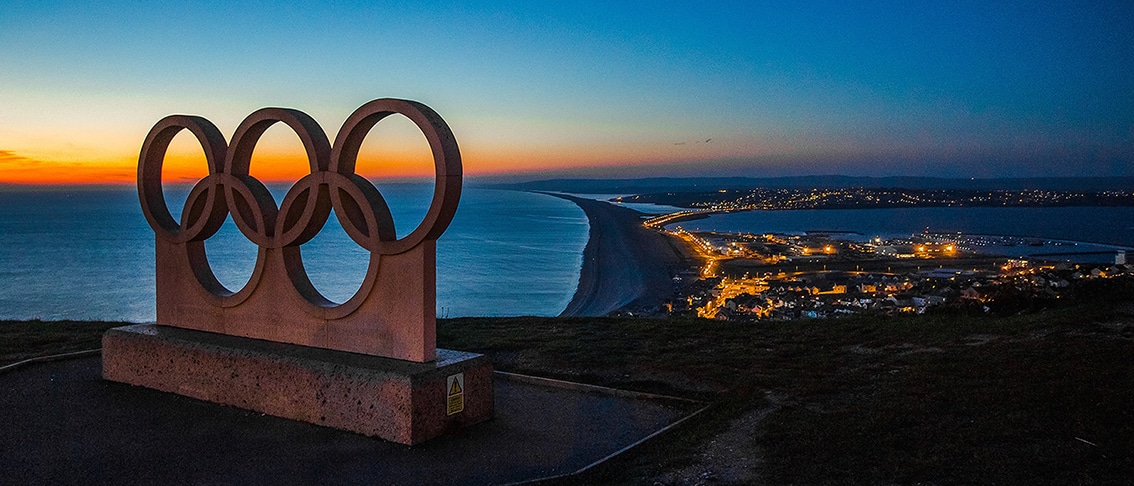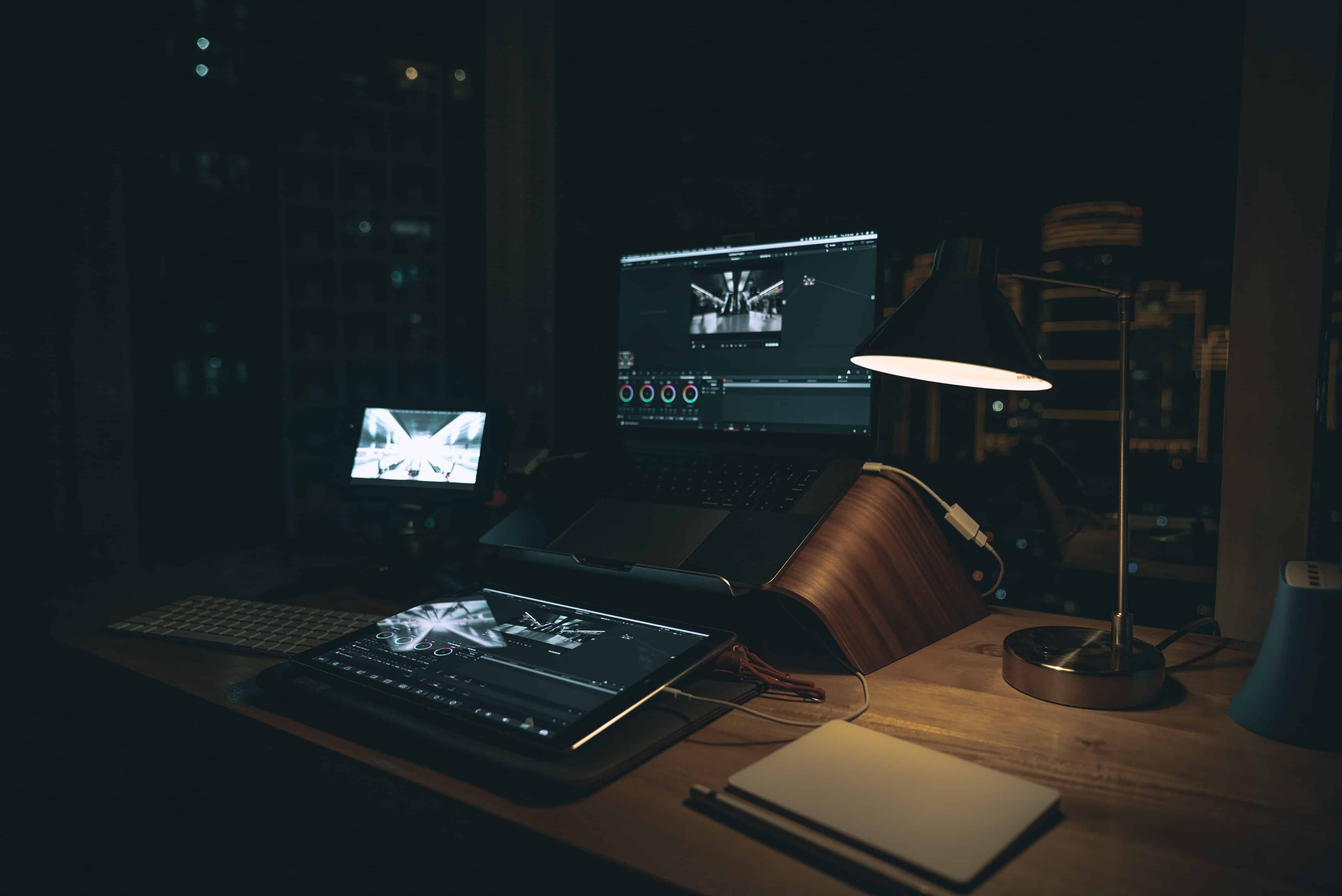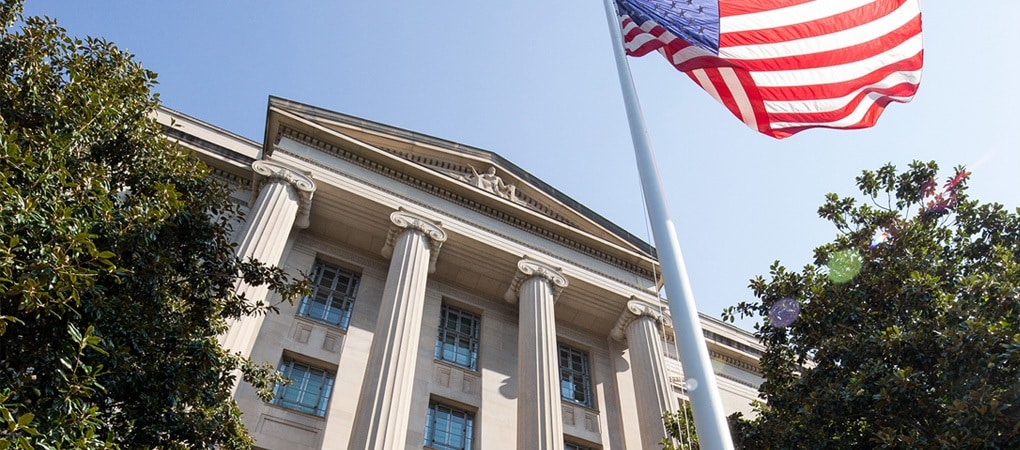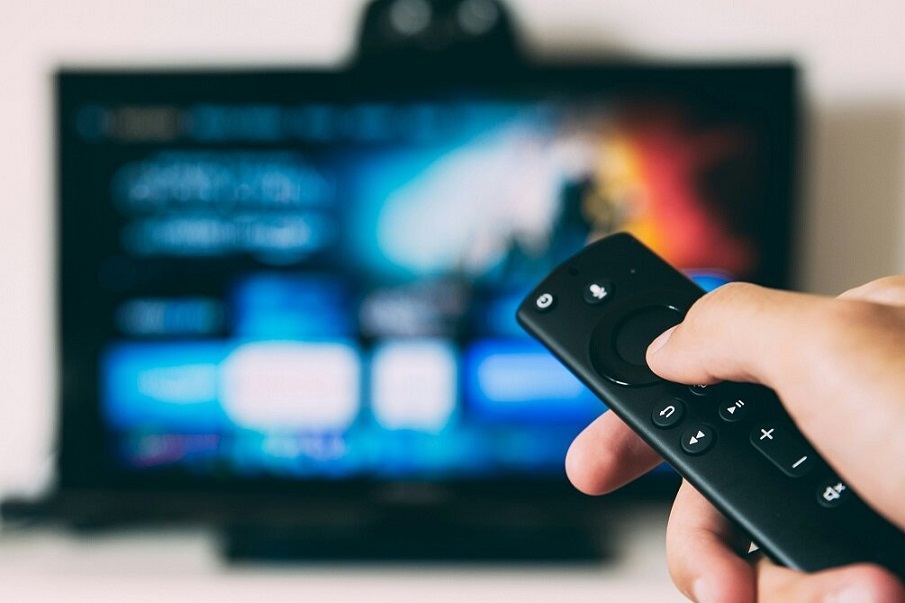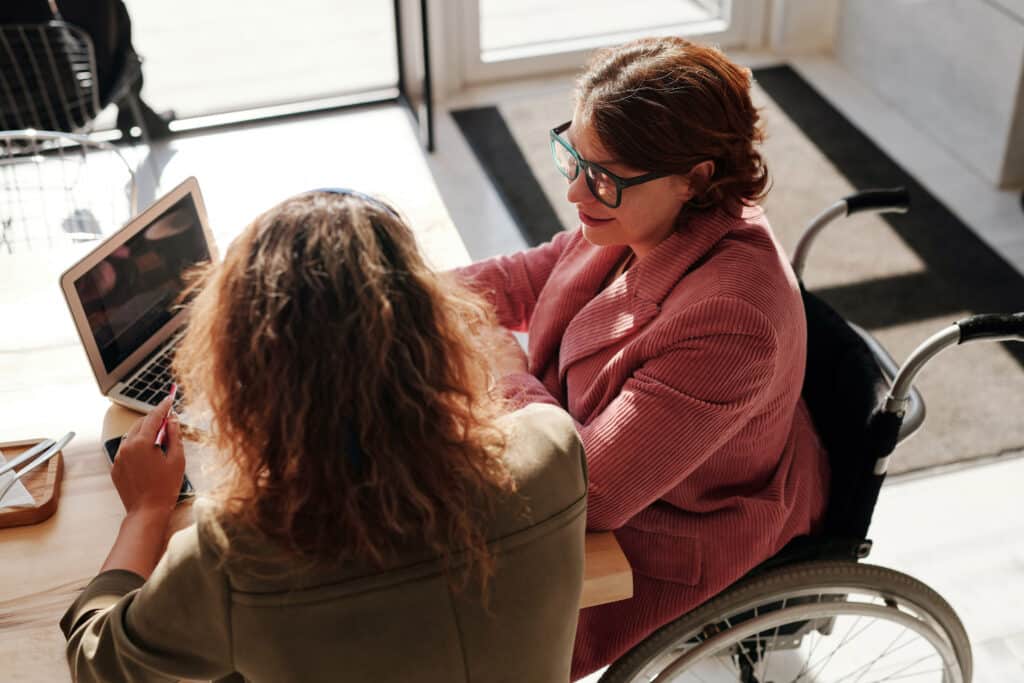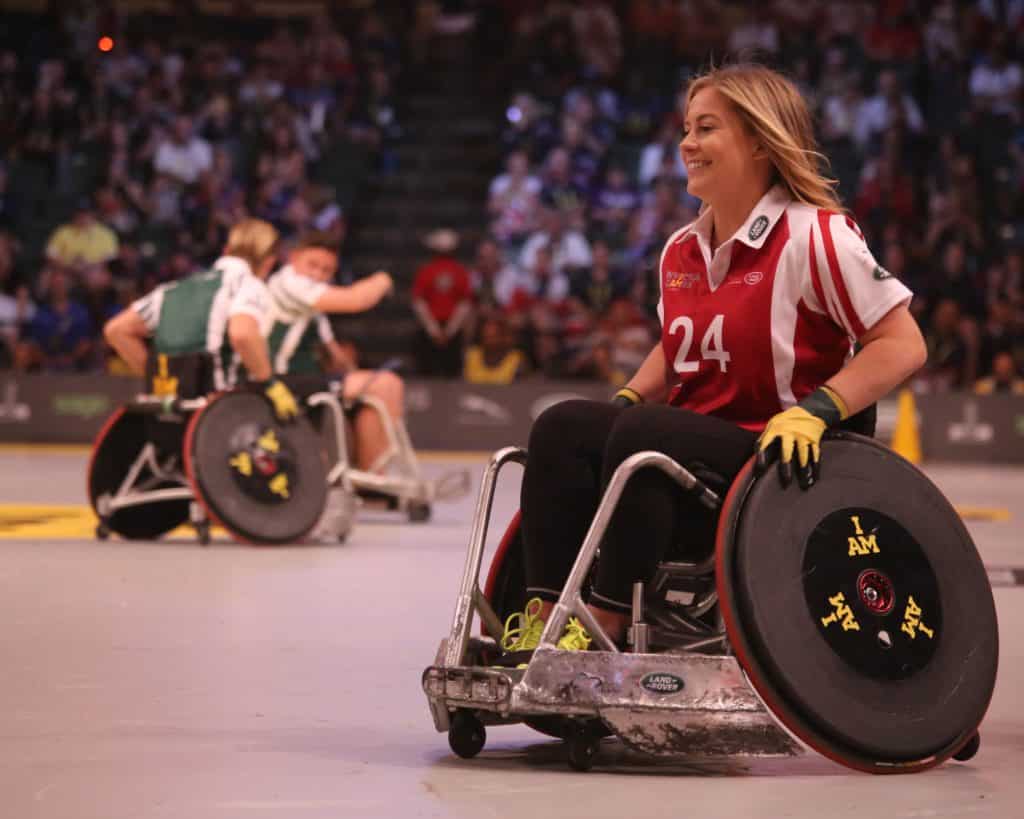The Olympics are considered a symbol of progress and prosperity for many people. As the 2020 Tokyo Olympics, a title which is still used as the games were postponed during last year’s pandemic, take place, business leaders are becoming increasingly interested in the experiences and stories of the athletes involved, particularly in relation to the Paralympics and how to make the Olympics more inclusive.
A closer look at the recent experiences of athletes in the Paralympics reveal that accessibility in the Olympics has been a long uphill battle since its beginnings and much more can still be done.
Accessibility For Athletes Matters
The most recent example of accessibility issues in the Paralympics is highlighted in athlete Becca Myers’ story. Becca is a six time medalist for the USA Paralympics swimming team and was scheduled to compete in the games this year. As Becca is a deaf-blind athlete, she had put in a request for her mother to accompany her as her Personal Care Assistant (PSA) but the request was denied by the United States Olympic & Paralympic Committee (USOPC) due to conflicts with coronavirus restrictions.
This unfortunate circumstance later led her to withdraw from the Paralympics only five weeks from its start date in August, bringing attention to the lack of reasonable and essential accommodations for Paralympic athletes at the games.
Becca’s issues didn’t just begin with this year’s Paralympics. In one example, she recalls being unable to find the athlete dining area during the 2016 Rio de Janeiro Paralympics. Her story and many others continue to be echoed by athletes with disabilities across the nation today, with many sharing similar experiences and difficulties in getting equitable accommodations across the competitive sports industry as a whole.
History Repeats Itself
Becca’s example is just one of a number of accessibility issues that have come to light in the past few years. For example, in 2019 there were issues with having wheelchair accessible hotel rooms for training camps south of Tokyo and in 2000, the Sydney Olympics web accessibility case shed light on the importance of ensuring digital accessibility, particularly for public sports websites.
The accessibility issues present in the Paralympics represent only one portion of the issues that competitive athletes with disabilities may be facing in the industry today. Their experiences also reflect what the audience and visitors of the games have dealt with in the past, for example, when disabled visitors noted the lack of accessibility for wheelchair and prosthetics users in South Korea’s Olympic games in 2018.
Accessibility Accomplishments at the Olympics
The challenge for greater accessibility in the competitive sports industry has been a struggle for the disability community, but it’s also important to recognize the accomplishments that have been made so far. One shining example of the push towards greater accessibility is NBC’s commitment to provide greater video accessibility services during this year’s games, including services like captioning, transcription and audio description, helping expand access and support to more individuals with hearing and vision disabilities.
Advocating for Change
Providing accessibility for large events such as the Paralympic Games, which are scheduled to begin on August 24, and the Olympics requires a multi-faceted, accessibility-first approach, and it’s important to consider the feedback of people with disabilities in the process. While it may sound daunting, organizations can make small changes to make a significant difference to many individuals.
In the spirit of the Paralympics, and as more business leaders look at their own daily practices in ensuring the needs of individuals with disabilities are met, Verbit is stepping up to help more business leaders become educated on how to better empower the Deaf and Hard of Hearing communities by ensuring that their video accessibility needs, such as captioning, are met, no matter the industry.
The number of people with disabilities participating in competitive sports continues to grow with each passing year and an increased focus on collaboration, advocacy and understanding will be key to ensuring equitable access to those with disabilities at this year’s games.
For more advice on how to better include individuals and employees with disabilities and ensure their needs are met, feel free to reach out to us.
